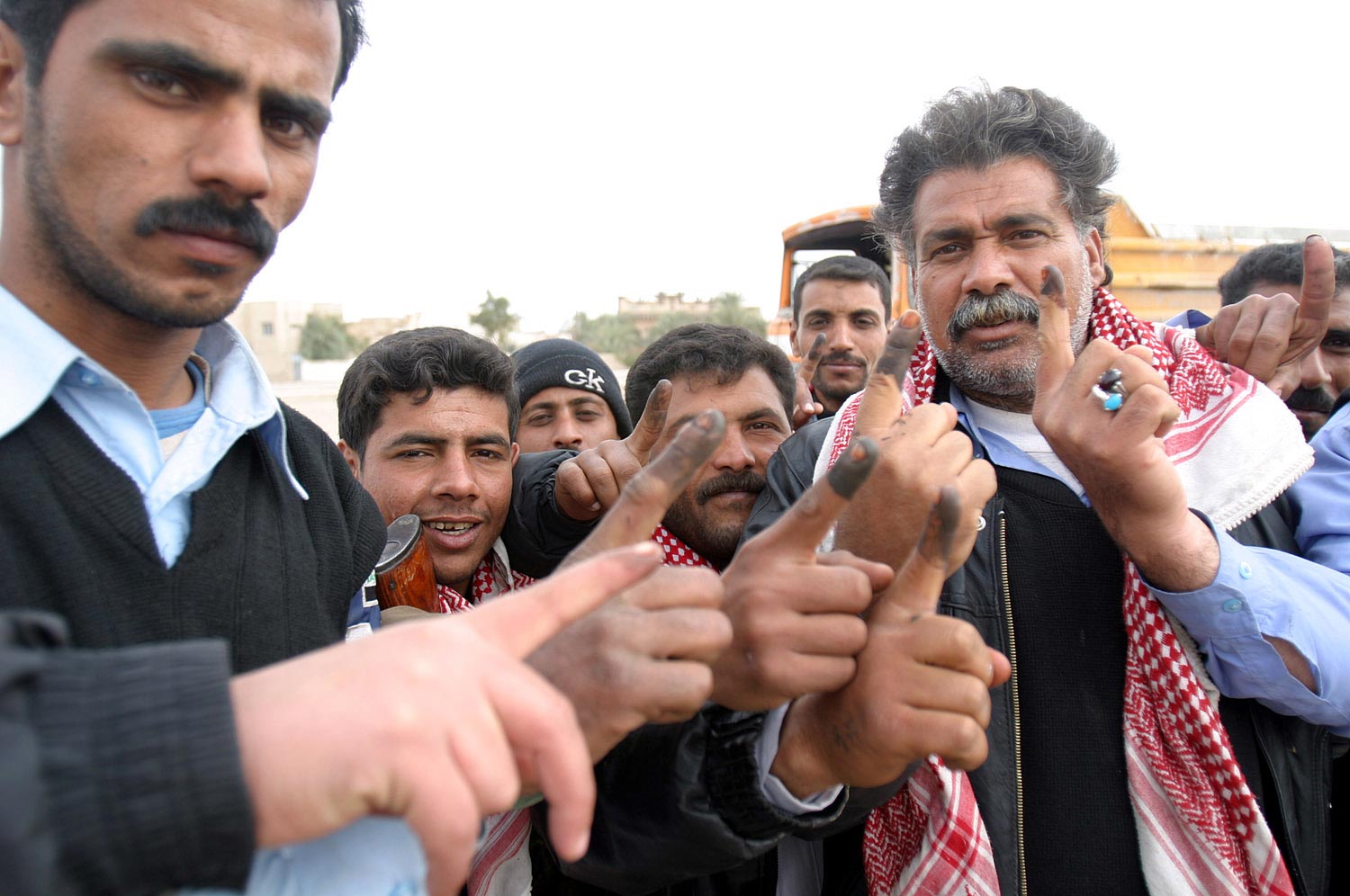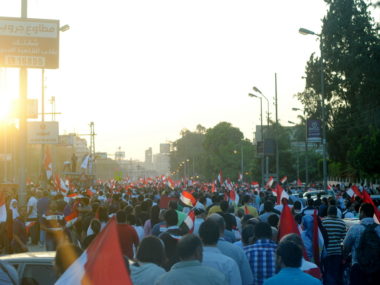
I just published an op-ed entitled “Colombia’s Rebels and Land Reform” in the The New York Times Global Opinion Page (International Herald Tribune) with co-author, Mike Albertus at the University of Chicago. Based on some of our recent academic research, we highlight the challenges and hopes surrounding the primary issue on the negotiating agenda of the soon-to-begin peace talks between the Colombian Government and the FARC rebel group in Oslo: land reform.
There is usually much optimism associated with land reform. We note that prior reforms failed to stem the insurgency and alleviate grievances because of bureaucratic capture of land reform policy by landed elites. Colombia’s new Victims Law offers hope for improved land titling, but there is still a big gap between what’s in the Victims Law and the FARC’s demands for “integral reforms” since many families still have tenuous landholdings. However, there is also reason for hope today. With increased bureaucratic capacity, military actions against “anti-restitution” criminal armies, and strong support from President Santos, the government is also better positioned than it has been to deal with the land issue and (hopefully) also land a peace agreement.








3 comments
Sigh.. Colombia is beautiful. I wish I could share your optimism, but the reform law passed this summer may outpace the positive changes you have outlined here. ( http://www.reuters.com/article/2012/06/23/us-colombia-politics-idUSBRE85M01V20120623 )
By basically giving lawmakers carte blanche to collude with paramilitaries, it gives paras incentive to increase their power in order to maximize their returns from the Colombian gov’t (see: Acemoglu, Robinson, Santos-Villagran – The Monopoly of Violence). Seeing as though the FARC and the AUC legitimize each other through their continued operations, my own hopes for peace in Colombia seem considerably more muted than your own.
Nobody says it’s going to be easy, nor does our research. The Victims Law and recent captures of Rastrojo leaders are a positive step, however (paramilitaries and AUC technically don’t exist any more; groups against restitution are now referred to as BACRIM). From what I recall, the bill you reference did not end up becoming law.